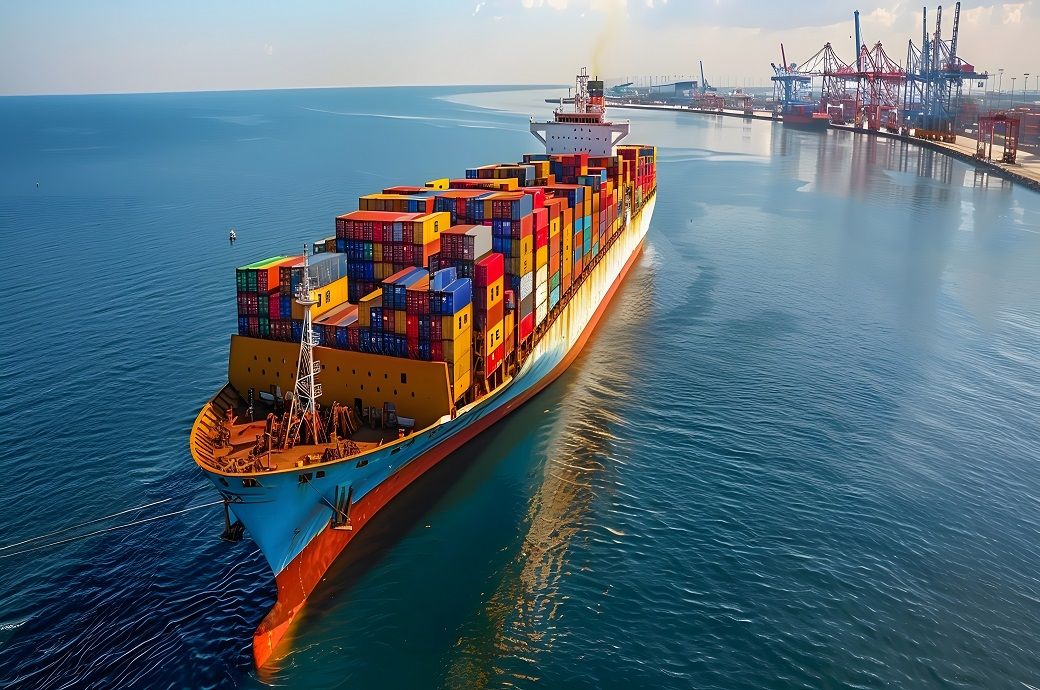
These include record-breaking increases in port calls by container ships (20 per cent) and tankers (38 per cent) in the continent between the first half of 2018 and the first half of 2023, and the South-South waterways connecting Sub-Saharan Africa to other parts of the developing world logging the highest increase (9 per cent) in its volume of globalised container trade last year.
On vessel registration, Liberia in 2022 became the world’s largest ship register in terms of deadweight tonnage, surpassing Panama, which had been in the lead for three decades.
Other African top performers included Cameroon, at 27th place in terms of deadweight tonnage and vessel number, while Nigeria ranked 33rd, after expanding by 16.2 per cent in registered deadweight.
Attacks on commercial ships in the Red Sea, which began in November 2023, prompted large numbers of vessels to navigate away from the Suez Canal and around the Cape of Good Hope.
The rerouting, having increased congestion in South African ports, created opportunities for countries like Madagascar, Mauritius, Namibia or Tanzania, which are strategically located on maritime routes connecting Asia with Europe, the UNCTAD report noted.
Several East African countries, whose foreign trade is highly dependent on the Suez Canal – by volume, that’s approximately 31 per cent and 34 per cent respectively for Djibouti and the Sudan – are therefore subject to the disruptions.
For example, East Africa has seen a shortage of perishable goods and standard containers due to longer cargo delivery times.
Moreover, the impact on empty containers, driven by carriers prioritising shipments to high-paying markets like Europe and the United States, came at the expense of regions like Africa—reminiscent of the pattern seen during the COVID-19 pandemic, the UNCTAD report observed.
The global transition to renewable energy sources also holds promise for Africa. Some African countries are already tapping into green hydrogen to meet their energy needs, while others look to become port hubs for green hydrogen production, storage and transport.
The African Hydrogen Partnership has identified Djibouti, Egypt, Ethiopia, Ghana, Kenya, Mauritania, Morocco, Nigeria, Tanzania, Rwanda and South Africa as potential landing zones or hubs for storing and distributing green hydrogen.
Africa is also taking steps to enhance shipping capacity and trade connectivity. Mauritius, for instance, has been building resilience to a range of threats by strengthening national development policies and cooperation with partners in and beyond Africa to bolster maritime security.
The continent also shores up trade facilitation to cut transit times and costs, through initiatives such as the East African Community’s Single Customs Territory and one-stop border posts.
Fibre2Fashion News Desk (DS)